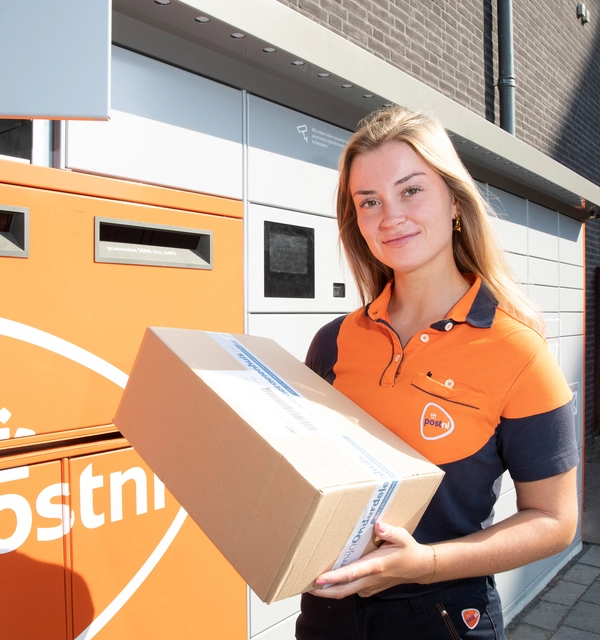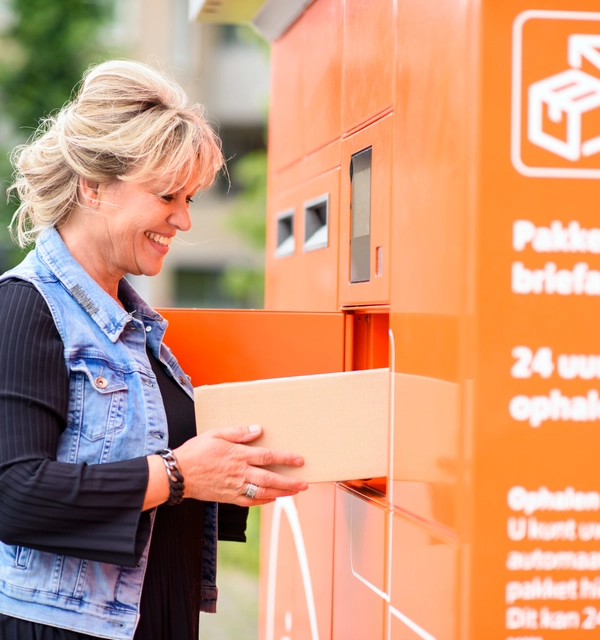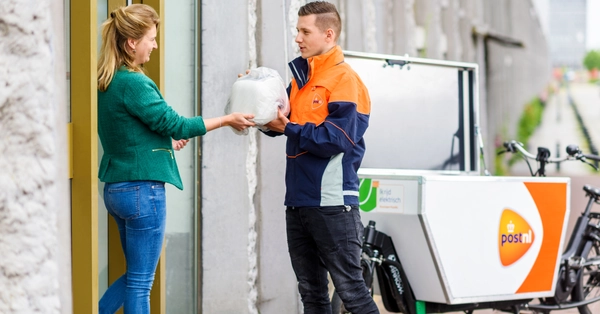
Step by step closer to our purpose
Simple, smart and innovative solutions. In this way we provide a unique experience for our customers and consumers, so that we are the leading service provider in e-commerce and post. In, to and from the Benelux, but also worldwide. How exactly do we approach that?
- We think ahead: we help customers to be successful
- We respond to your needs: we provide accessible and reliable services
- We take care of each other: our employees are proud of their work
- We put the future first: we reduce our impact on the environment and make a positive contribution to society

Moving forward full of energy
Of course, this doesn't happen overnight. That is why we invest energy in people, networks, innovation, digitalization, sustainability and society. Because we believe that is the only way to continue delivering special moments.
And be your favourite deliverer.

Our people
There is no PostNL without our people. That is why we want every employee to feel at home, to be able to continue to develop and grow. All 32,400 of them.

